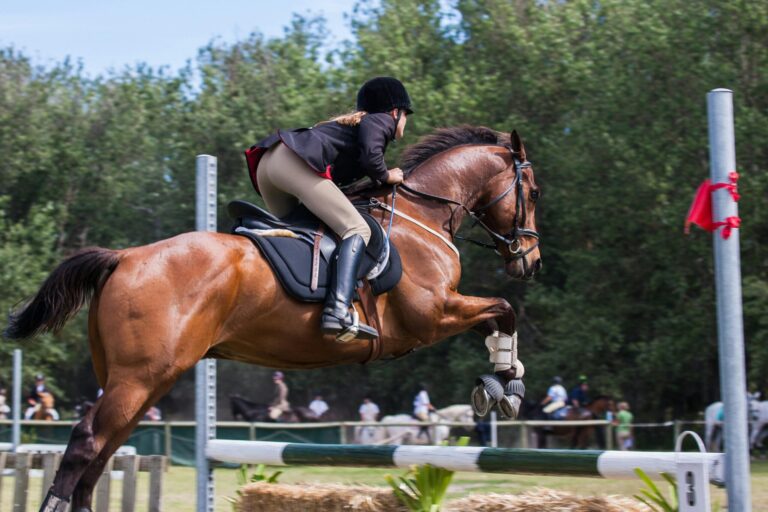A client of Schelstraete Lawyers had bought a horse for €18,000. In a Facebook ad, the horse was presented as free of (stable) defects. Six days after delivery, the client discovered that the horse suffered from the stable weaving.
The key question in this court case was whether there was a consumer purchase. In this case, the Court ruled that the following circumstances are important in answering the question of whether the sale of the horse to the client was made in the context of a profession or business:
The other party operated a business professional engaged in the trade of horses until at least 1 January 2019. The horse was bred and born during the period in which this company was still active. The Court has therefore assumed that the horse was bred with a profit motive.
The horses of this company were transferred to the other private party as of 1 January 2019. The other party thus continued the rearing and trading of horses in its own name. In this context, the Court ruled that it had not been stated or demonstrated that these horses were intended for personal use. Therefore, according to the Court, the keeping of these horses is not of a hobby nature.
The Court ruled that the betting party had failed to substantiate, or at least insufficiently substantiated, its claim that the sale of the horse was only of a hobby nature. Furthermore, the Court ruled that the fact that the Tax and Customs Administration has established that the company does not meet the requirements for entrepreneurship with regard to its equine activities is insufficient to assume that the sale of the horse should not be regarded as part of the exercise of a profession or business. In addition, the Court ruled that although the remittance of VAT on the sale could be of importance to the judgement that there is a commercial sale, the non-payment thereof is no indication to the contrary.
The Court’s conclusion is that this is a consumer purchase and that therefore it is assumed that the horse did not fulfil the agreement upon delivery until the other party has proved otherwise.
The client was assisted by Irma Uwe-Ntukabumwe.
If you would like more information or advice on this subject, please feel free to contact us.


